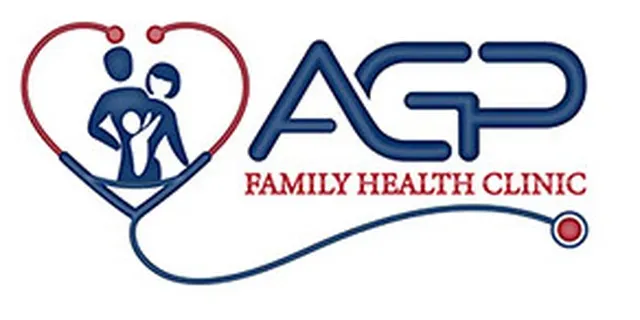The United States’ population is graying by the minute, as the boomer generation moves into the “gently aged” group. The problem is, older adults are disproportionately affected by chronic diseases such as heart disease, diabetes, arthritis, and cancer. The National Council on Aging states that almost 95% percent of the elderly have at least one chronic condition, and nearly 80% have two or more.
These figures raise questions about how to effectively manage chronic diseases, including how to manage multiple prescriptions to prevent complications from side effects and adverse events.
Board-certified family physician Dr. Richard Pedroza at AGP Family Health Clinic offers chronic disease care at his practice in Tomball, Texas. As part of that care, he provides medication management, geared toward reducing the number of medications you need to take, ensuring that each medication is medically necessary and safe, and providing tips for you on how to manage the prescriptions you have. Here are some of those tips.
What is comprehensive chronic disease management?
Chronic disease management reduces health care costs and improves quality of life for individuals by preventing or minimizing the effects of disease using integrated care. Disease management programs help identify and treat chronic conditions quickly and effectively, slowing the progression of those diseases and preventing avoidable complications.
Disease management as a strategy was created to improve health care for those with chronic conditions. This population uses more health care services, but they aren’t always coordinated across providers. This leads to either overuse or underuse of available medical care and the waste of time and physical resources.
When all members of the team, including the patient, are communicating with one another, management becomes more targeted and effective.
Medication management: tips for managing multiple prescriptions
The problem with multiple medications is not that you need them, but that it may be hard to remember what to take when and why you’re taking them.
Each of the providers involved in a patient’s disease management care may prescribe medication specific to their role in the treatment regimen. However, if there’s no coordination between team members, the patient becomes at-risk for potential side effects and drug interactions that may prove harmful.
Dr. Pedroza and his team look at the “big picture” of the medications you’re on, evaluate the effectiveness of each, and look for any potential interactions they may have. They may recommend changes based on your medical history and diagnosis, use evidence-based data for drugs that may be more effective for you, and retool medications if two or more may produce serious health issues when taken together.
As the patient, you have the right to know why a medication is prescribed, what that medication does, and how it’s likely to affect you. If you don’t have that information, ask! You can also ask questions about your treatment plan and why certain remedies are being suggested. And, you’re responsible for speaking up about any adverse events you experience.
Tips for managing multiple prescriptions
Here are tips to help you keep track of your medicines and take them as directed.
Keep a list of all the medicines you take. That includes all prescription and over-the-counter (OTC) medicines, including vitamins, supplements, and herbal products. Keep a copy of the list in your wallet and at home, or put the file on a flash drive for easy access.
Review your medication list with all your providers and the pharmacist who dispenses them to ensure you’re taking what you need, at the dose you need for each item. Discuss the list with Dr. Pedroza at each appointment, and make sure you give all your other providers a copy.
Ask questions about any new drugs you’re prescribed, and make sure you understand how to take them. Be proactive and inquire if this new medication could interact with any of the others you’re already taking.
Take your medicines exactly as they’re prescribed; if you don’t understand something, ask. Don’t skip doses or stop taking your medicines without your doctor’s orders.
Organize your medications so you don’t miss any. A great way is a pill organizer; the pharmacy has lots of options to choose from. By placing each dose in the correct slot, you won’t have to worry that you’ve missed something important.
If you have a hospital stay, make sure to share a copy of your medication list with the doctors there. If you’re in the hospital for a scheduled procedure, talk with Dr. Pedroza before you go in about medicine safety while you’re there, as not all the providers will know your medical history as well as he does.
Need help managing multiple prescriptions? AGP Family Health Clinic can help. Call our friendly office staff for advice at 832-861-0393, or book your appointment online with us today.
